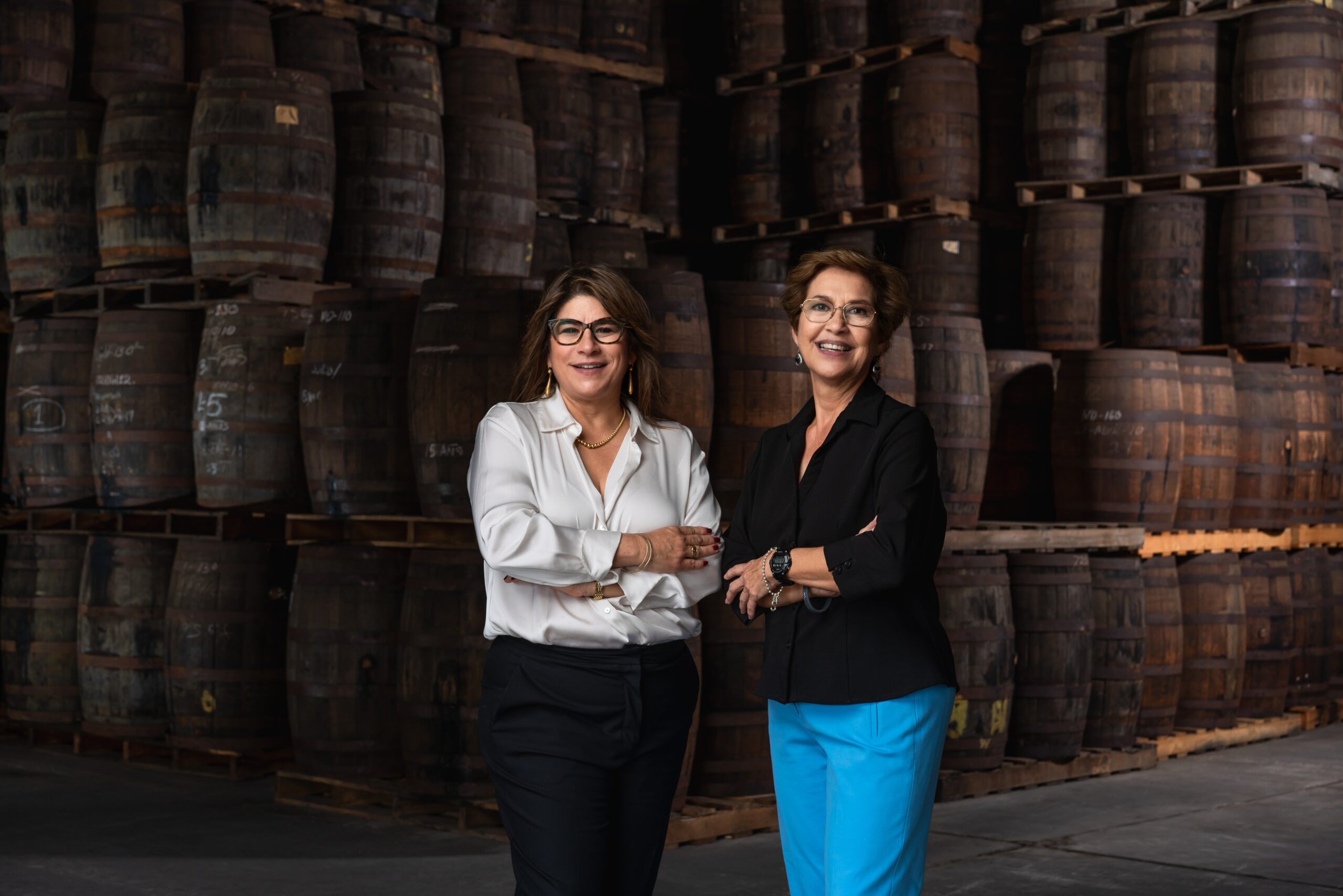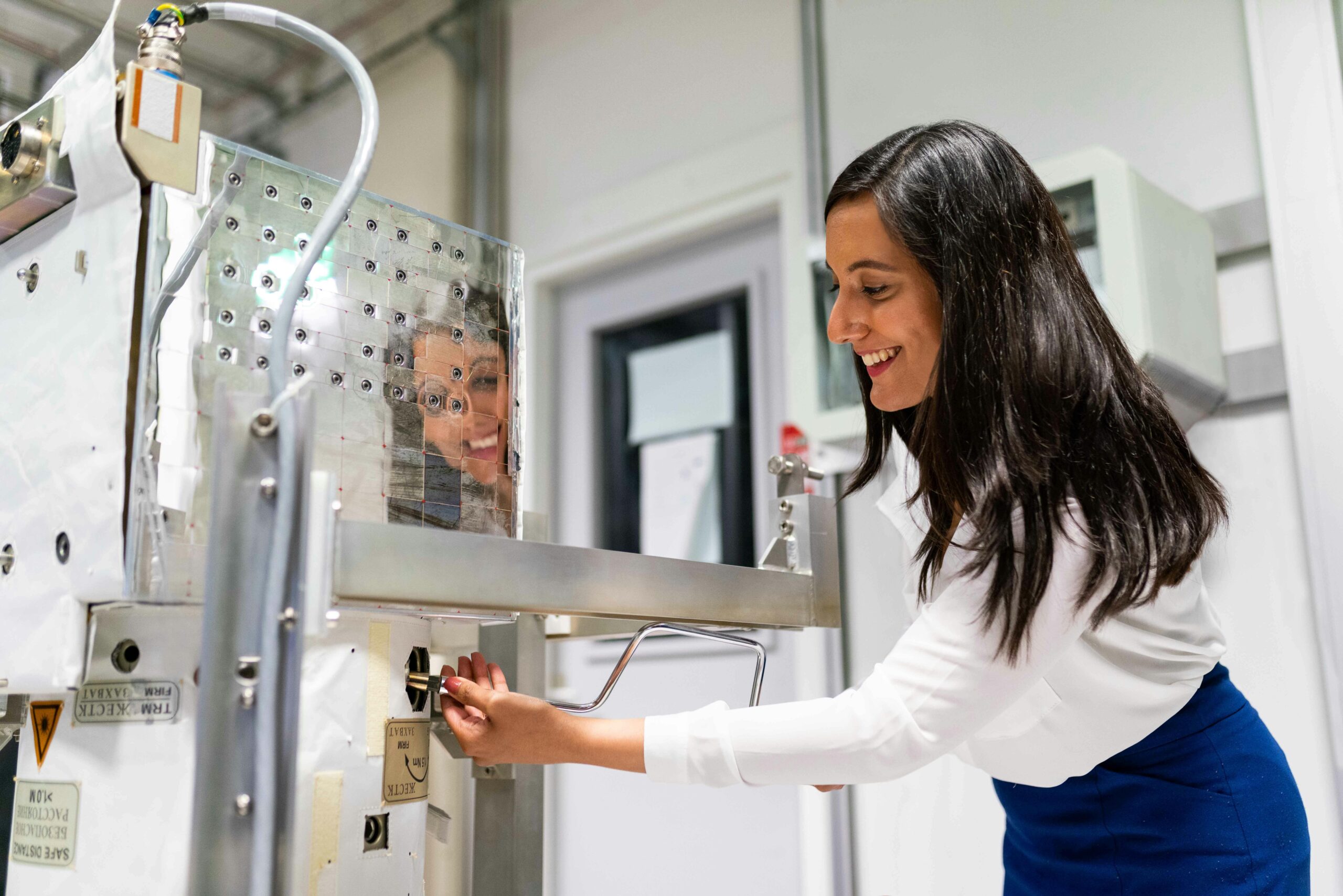
By Chelsy Ranard
When I first started working for an off-roading tour in Alaska I didn’t know anything about cars – about any vehicle really. I walked on site for the first time with my manager, who was a man, a few mechanics that were men, and another guide who was (surprise) also a man. I was immediately intimidated…
When I was hired I was told that I didn’t need to be mechanically inclined in any way. Those things could be taught and my ability to show stellar customer service was much more important. Once on site, my manager immediately asked me to drive the karts over to the washing station… I didn’t even know how to start these things. I asked him to show me and he rolled his eyes and showed me how. “Here we go,” I thought. Here comes the gender discrimination. I’m already the only chick on site and (surprise) I’m an idiot.
In the years prior to this I worked for a fly fishing and hiking tour. My boss was a female fly fisherman and we were used to being in an all-male driven industry. I’ve gotten the laughs and snide remarks from men after giving them fishing advice. I have a ton of male friends that I grew up with that give me a hard time for not knowing a particular gun or type of truck. These stereotypes were nothing new to me, but I knew I could learn these things and was always frustrated at these negative opinions from the men in my life. I never cared that they didn’t know anything about my girl-centric hobbies so why should they care about what I didn’t know?
In my first year being a tour guide I soaked in all the knowledge I could about these machines. I didn’t know everything, but my friends and the on-site mechanics taught me how to diagnose common issues. I was given tools and the knowledge to fix basic problems on trail. It was empowering. I still couldn’t rebuild an engine, but very few of the guides could, male or not. Soon my boss, fellow guides, and mechanics grew to trust my ability to fix these problems on the road. Gone were the days that I couldn’t start the karts or when I called a ratchet a “spark plug taker outer.” I really wasn’t helping myself with that one… And in the last few months of my first season I was promoted to assistant manager and carried that title to my second season.

I was teaching new hires, both men and women, these basic mechanical skills. My guides trusted me and came to me if karts wouldn’t start or ran slow. Granted I still had to hand them over to the mechanics if the problem was too severe, but I had the basics down. We had more female guides running tours and learning these mechanical skills and female tourists felt comfortable seeing strong women taking care of their karts.
It gave them the confidence to drive instead of sitting passenger. Many male tourists had a hard time listening to my diagnosis of kart issues and rolled their eyes at my title, but there are always a few assholes in the bunch. Mostly people were impressed by me and other female guides for being in this industry. Proving the stereotype wrong still makes me feel good, and I started to realize that so many women would benefit from learning these things about vehicles if they had the chance.
Unfortunately, there is a major gap in opportunities for young girls and women to obtain this kind of knowledge. Especially as adults the options for obtaining mechanical knowledge are nearly non-existent. As young adults some girls have options to learn skills that tend to lean towards the male gender from family members or school programs but the stereotypes for females in a garage can be daunting an intimidating for young girls. Just like me, the initial response to females in the car industry is to assume they’re incapable and then to judge their lack of knowledge. This isn’t always the case, but a positive atmosphere will help young girls feel comfortable enough to learn.

The decline of automotive knowledge isn’t just specific to girls. Both male and female teens are losing interest in the automotive field. Two thirds of teenagers don’t know how to change a flat tire due to many factors in technology as well as the growing trend for teenagers not planning on owning a car in general. Despite the rise in vehicular disinterest in both genders, there is no way to encourage females to learn about mechanics without the available programs.
When I was trying to learn the basics of mechanics for my job, the issue was not so much the work as it was the culture I was in. To them I was a stereotypical woman that didn’t know anything about cars. And what was worse was that they were right, I really didn’t. But in an environment where I am expected to fail and judged for what I don’t know, how am I supposed to feel comfortable enough to learn?
The movement for women to begin to learn and understand the automotive industry can only gain momentum once those with judgmental attitudes towards women in male heavy industries learn to respect them. In the United States, 25.4% of jobs in the motor vehicles industry were held by women and of that percentage, only 1.8% of them were automotive technicians and mechanics. In order for this number to raise attitudes need to change.

Respect for women who are already in the automotive field is another page in the same book of bad attitudes towards women and cars. Once I was helping to manage the tour I worked for, I had more knowledge about our machines than any of the customers showing up on site. They might know more about their Subaru, but I knew these karts.
Unfortunately the judgmental attitude still existed for male and female tourists doubting my ability to properly maintain their machine because of my gender. In order to promote automotive learning for the younger generation of women thinking about entering the field, everyone must lose their negative thoughts on gender specific careers and knowledge as a whole.
There is a growing trend to help encourage our young women to explore careers in the science, technology, engineering, and math (STEM) because they have historically been underrepresented in these areas. STEM careers and education are extremely important for our future and many of the STEM jobs that will be available in the future will go unfulfilled due, in part, to the lack of young women interested in the field. Similarly, skills like coding are also lacking in the female gender. While women made up around 37% of the computer programmers in the mid-1980’s, that trend started to drop. Several factors are causing the disinterest in these fields for women including the social culture attached to these interests that seem to be male focused.

Whereas the automotive industry isn’t in danger of unfulfilled jobs quite as much as the STEM fields, the under-representation of women and the reasons behind it are similar. These fields are mainly represented by men, some hold negative social connotations for younger people, and many teachers aren’t encouraging their female students to participate in these programs. In order for women to understand that an automotive career is attainable, our education system needs to diversify its programs and present each option, without bias, to both genders.
In order for women to be involved in the automotive industry or feel comfortable with learning car knowledge they need to be able to have these programs available to them, have supportive and welcoming attitudes about it, and encouragement from teachers and parents to participate in a field that they may not be represented in. For me it was intimidating walking into a job where I didn’t know the technical skills required and was made to feel stupid for my lack of knowledge.
Fortunately, those teaching me these skills were supportive and helped me feel comfortable enough to learn. Now I feel empowered and independent in the knowledge I have and would love to encourage women to explore their automotive skillset and not let stereotypes about women and cars stop them from learning.

Chelsy is a writer from Montana who is now living in Boise, Idaho. She graduated with her journalism degree from the University of Montana in 2012. She is passionate about promoting positive views for women and enjoys riding Harleys, getting dirty, and spending time with her animals. Follow her on Twitter.

















One thought on “How I Dealt With Gender Discrimination As A Woman In The Automotive Industry”